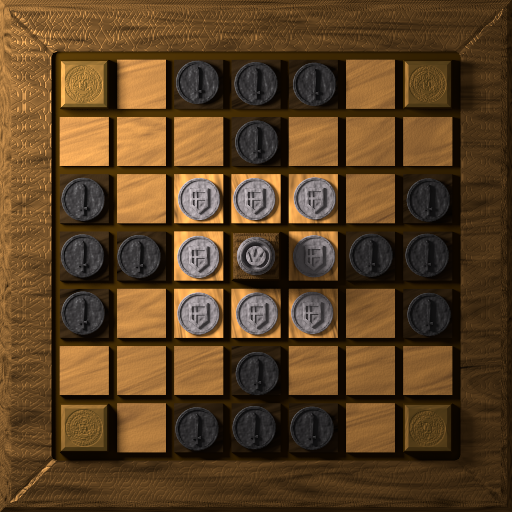
The "AAA" label in game development is outdated and irrelevant, according to many developers. Initially signifying massive budgets, high quality, and low failure rates, it's now associated with profit-driven competition that stifles innovation and compromises quality.
Charles Cecil, co-founder of Revolution Studios, calls the term "silly and meaningless," a relic of a time when increased publisher investment ultimately harmed the industry. He points to Ubisoft's Skull and Bones, initially touted as a "AAAA" title, as a prime example of how large budgets don't guarantee success; a decade of development resulted in a failed product.
Criticism extends to other major publishers like EA, accused by players and developers of prioritizing mass production over audience engagement.
Conversely, independent studios frequently produce games that resonate more deeply than many "AAA" titles. The success of games like Baldur's Gate 3 and Stardew Valley highlights the importance of creativity and quality over sheer budget.
The prevailing belief is that profit maximization stifles creativity, discouraging risk-taking and diminishing innovation in large-scale game development. The industry needs a paradigm shift to recapture player interest and attract new talent.















